Aspects of Daily Fulfillment

We present a simple self-help strategy to increase one’s feeling of fulfillment in their daily lives.
Value is a concept that describes social, economic, or other worth. It is both subjective and objective and largely based on cognitive bias, reference frame, and confidence.

We present a simple self-help strategy to increase one’s feeling of fulfillment in their daily lives.
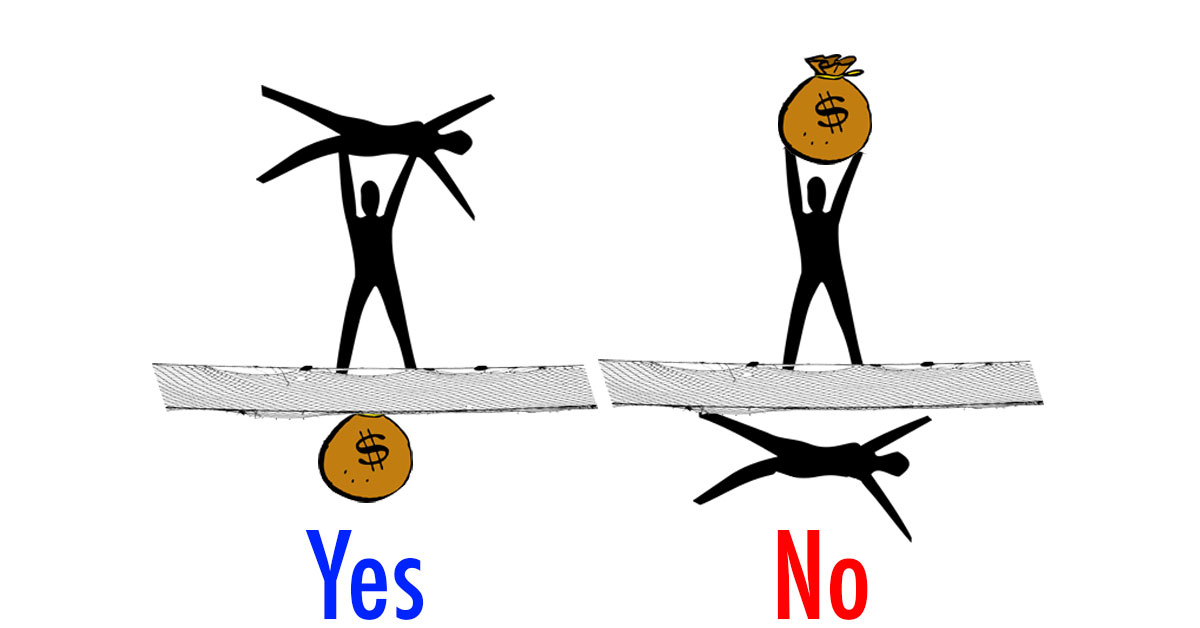
The Social Safety net is a collection of welfare services meant to help people bounce up when they hit bottom, it is not meant as a net to trap the poor under.
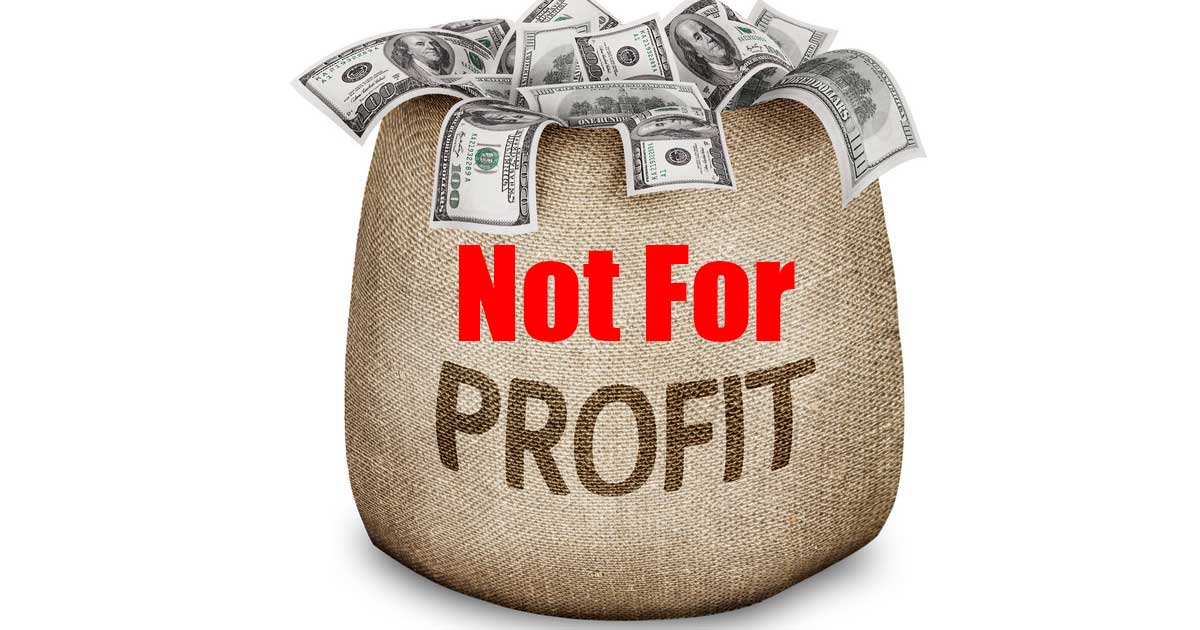
Social Capitalism can be defined as a socially minded form of capitalism, where the goal is doing social good, rather than just the accumulation of capital.

We explain neoliberalism, globalization, nativism, and protectionism and the pros and cons of “neoliberal globalization” and “nativist protectionism.”
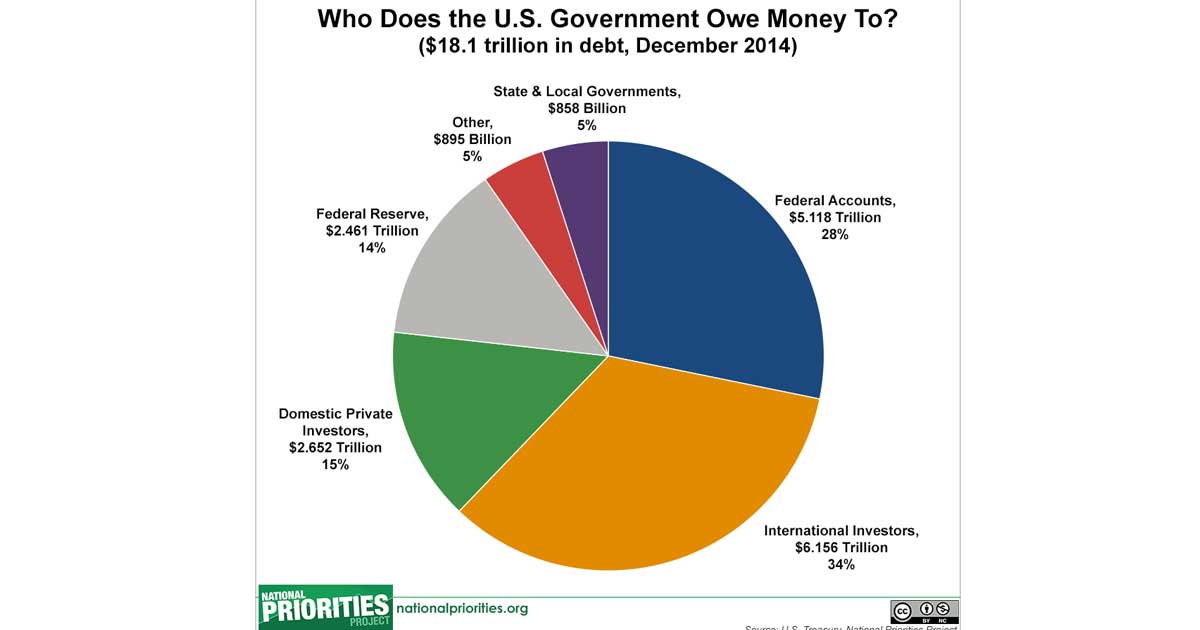
Below we explain how currency gets into circulation via the Treasury, Federal Reserve, and banks, and the role Congress, banks, businesses, and you play in the process.
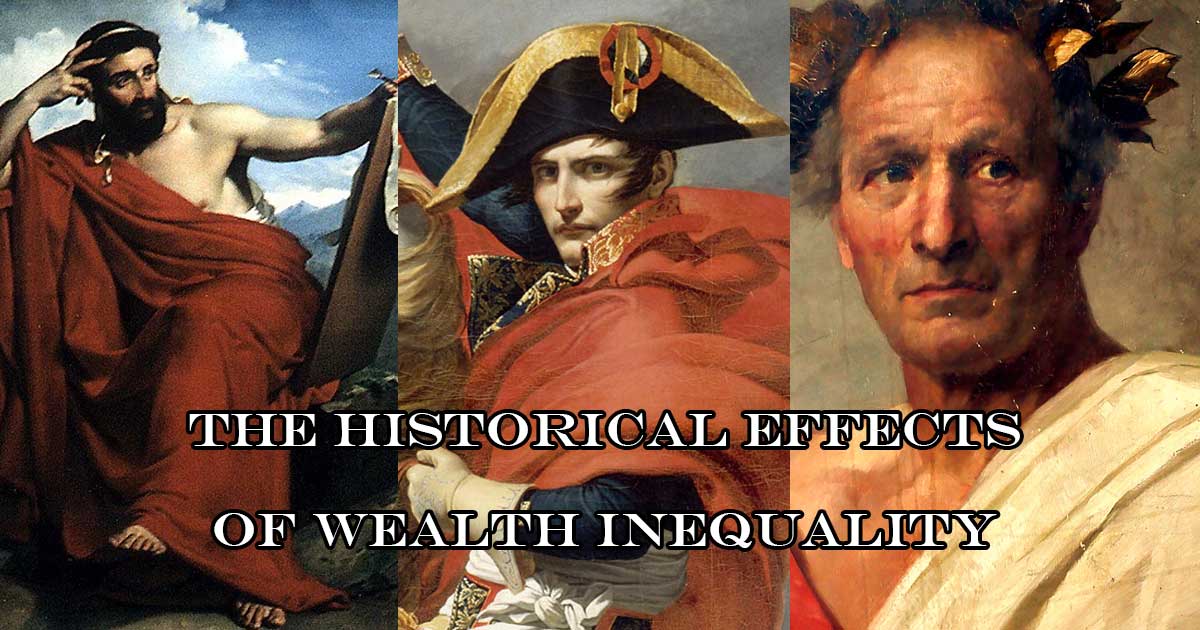
We examine the historical effects of social, political, and economic inequality on society to see how it has led to social unrest and events like revolutions and populist uprisings.
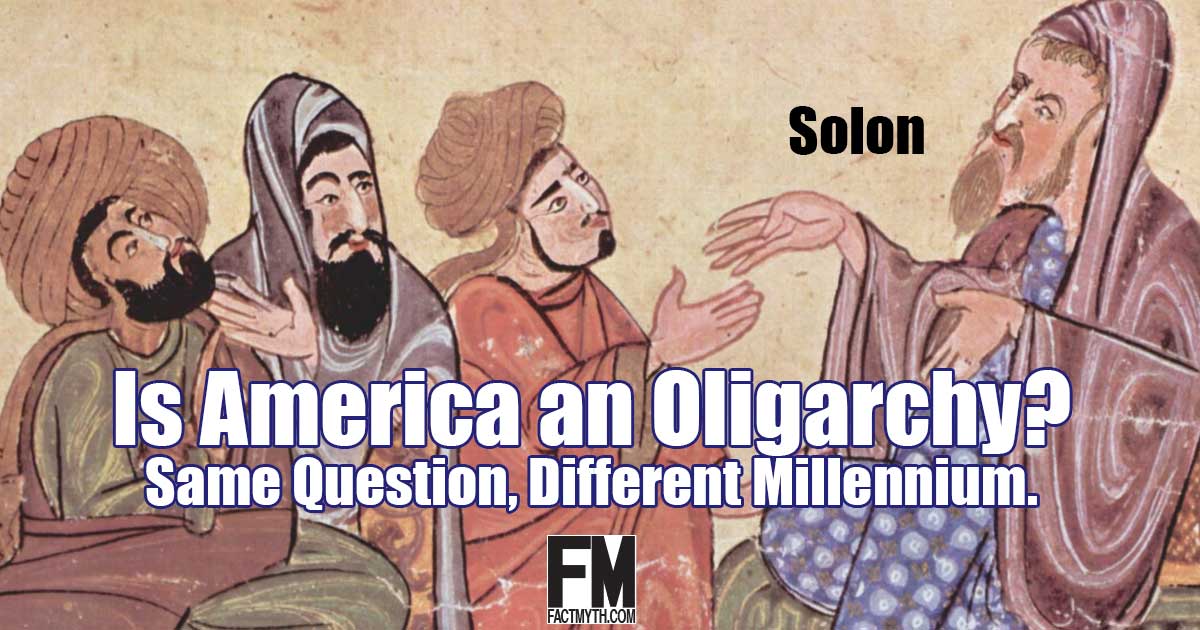
The United States is a Federal Republic with democratic values that some claim contains a growing oligarchy (or corporatocracy). We look at those claims.
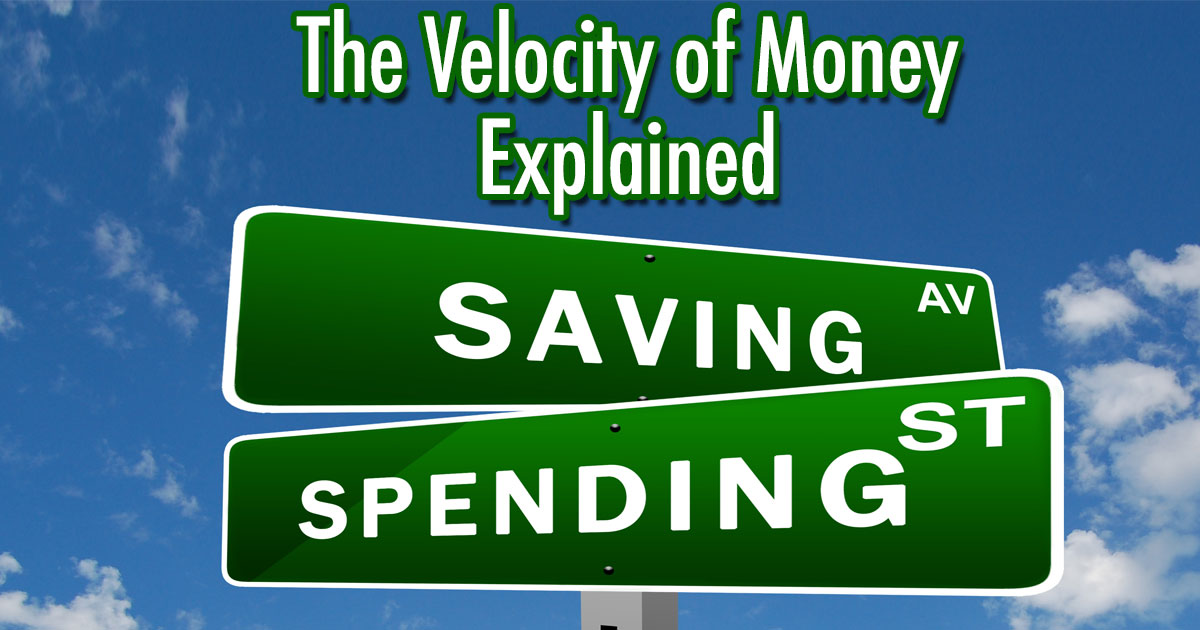
Velocity of Money is a measure of money exchanged over time, typically how often and quickly the average dollar is exchanged per day.